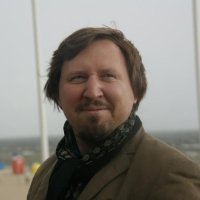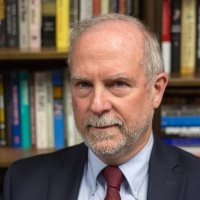Catholics on the Barricades: Poland, France and Revolution, 1891-1956
Conventional wisdom says that the Roman Catholic Church, and especially its fabled Polish-born Pope John Paul II, rejected communism completely and played a seminal role in assuring its political failure in 20th-century Europe. What Piotr H. Kosicki shows, however, is that key Catholic thinkers (including the future pope) took communism seriously: some borrowed from it, while others even partnered with communists. Before the birth of the Solidarity labor union, then, and before John Paul II partnered with Ronald Reagan, there was a virtually unknown but crucial story of Catholic experimentation with communism in the mid-20th century – inspired by France and tested in Poland, but with global ramifications.
Piotr H. Kosicki teaches modern European and global history at the University of Maryland. Recipient of a PhD from Princeton, he has written for The Washington Post, The TLS, The New Republic, The Nation, and Commonweal. His book Catholics on the Barricades: Poland, France, and “Revolution” appeared with Yale University Press in 2018. He has also edited books on Christian Democracy, on the revolutions of 1989, on historical memory of World War II, and on the Second Vatican Council. He has been a visiting professor at McGill and is the recipient of many fellowships, including three Title VIII grants at the Woodrow Wilson Center.
The Washington History Seminar is co-chaired by Eric Arnesen (George Washington University) and Christian Ostermann (Woodrow Wilson Center) and is sponsored jointly by the National History Center of the American Historical Association and the Wilson Center's History and Public Policy Program. It meets weekly during the academic year. The seminar thanks the Lepage Center for History in the Public Interest and the George Washington University History Department for their support.
Speaker

Associate Professor, Department of History, University of Maryland, College Park
Moderators


Professor of History, The George Washington University. Director, National History Center of the American Historical Association.
Hosted By

History and Public Policy Program
A leader in making key foreign policy records accessible and fostering informed scholarship, analysis, and discussion on international affairs, past and present. Read more
